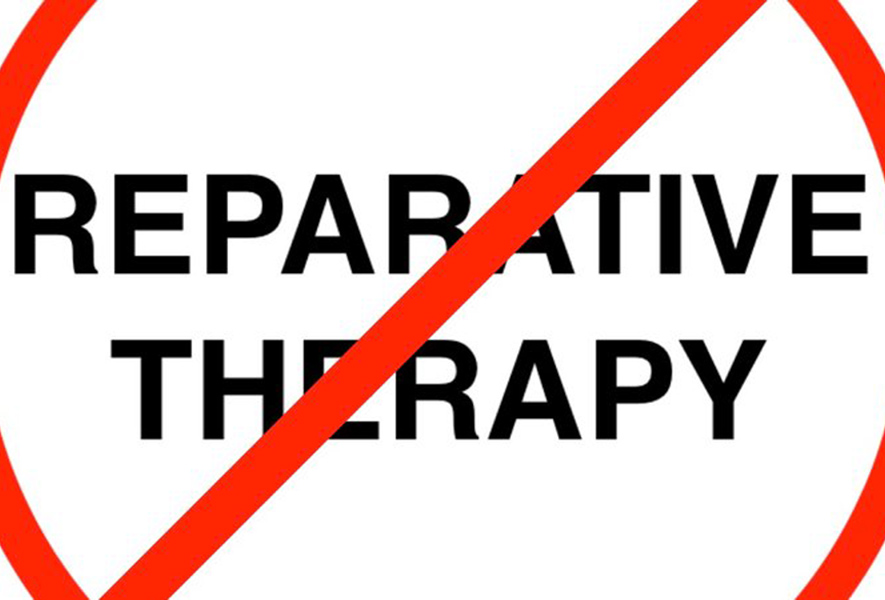Reading could become the fourth municipality in Pennsylvania to prohibit conversion therapy for minors.
The Reading City Council will vote Dec. 18 on a bill that would prevent therapists and mental-health practitioners from attempting to change the sexual orientation of patients under age 18. If adopted, the municipality would join Philadelphia, Pittsburgh and Allentown, along with several-dozen cities across the country, nine states and Washington, D.C., that have outlawed the practice.
The legislation was introduced Dec. 4 by Councilman John Slifko, with the support of LGBT Center of Greater Reading President Jocelyn Young and Bradbury-Sullivan LGBT Community Center Executive Director Adrian Shanker. Shanker worked with attorneys from Jerner & Palmer, P.C., in Philadelphia and from National Center for Lesbian Rights to draft anti-conversion-therapy legislation approved in Allentown this summer, on which the Reading bill is modeled.
“The result of the community support we saw in Allentown led to significant interest in the city of Reading passing similar legislation,” Shanker said. “What it comes down to is that LGBT youth deserve high-quality health care and not junk science, which is exactly what conversion therapy is.”
Young said that, while her center hasn’t worked directly with youth who have been exposed to conversion therapy, she has heard from others in the area who have.
“I have talked to some teachers and counseling professionals who have patients who have dealt with it. We know this is happening in the area and we thought this [ordinance] would be the best way to help protect youth from this type of treatment,” Young said. “We know it’s unethical but even more importantly, we know that this type of treatment can be extremely harmful in many ways, with suicide and substance abuse [as] two of the major aspects of the harm that can be done.”
Councilmember Christopher Daubert, a Reading school teacher, mentioned during a recent committee hearing on the legislation that he had attended funerals for local students who had undergone conversion therapy and later took their own lives.
“We know this is a real issue in Reading,” lead sponsor Slifko said. “And we also know there are councilmembers who are passionate about making sure LGBT youth are protected.”
The ordinance applies to licensed mental-health practitioners, and would allow the city to revoke the business-privilege license of those found to be in violation of the measure. There is an exemption for pastoral care.
A business that has had its license revoked can take its case to a board of appeals and, if unsuccessful there, to the county court.
“We do believe in due process and wouldn’t want to support an ordinance that didn’t allow for due process,” Shanker said. “That’s a central tenet of who we are and how we pass legislation; we want to make sure we’re protecting the community, but doing so in a way that is in line with basic constitutional protections around due process.”
Slifko predicted a potential 5-2 affirmative vote, and noted that the mayor of Reading, Wally Scott, is also on board with the bill. The concerns from fellow lawmakers, Slifko noted, have been centered on process, and not the actual measure itself.
“Any resistance is not on the substance of the ordinance at all. It’s just, ‘Well, shouldn’t this be something done on the state level?’” Slifko noted. “We can do something on the local level. Allentown has done that. Philadelphia and Pittsburgh have done that. Nine other states have done it. Change doesn’t always occur from the top down, from Harrisburg. It often comes from the grassroots and, if enough municipalities pass similar ordinances, they’ll eventually be pressured to change things on the state level. We’re not going to wait around for them to act. It’s time to take a stand.”
*An original version of this story referred to the LGBT Center of Greater Reading as the LGBT Center of Greater Pride. It has been corrected for accuracy.
